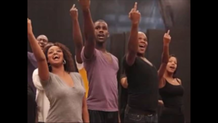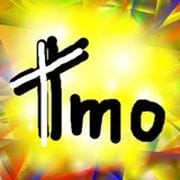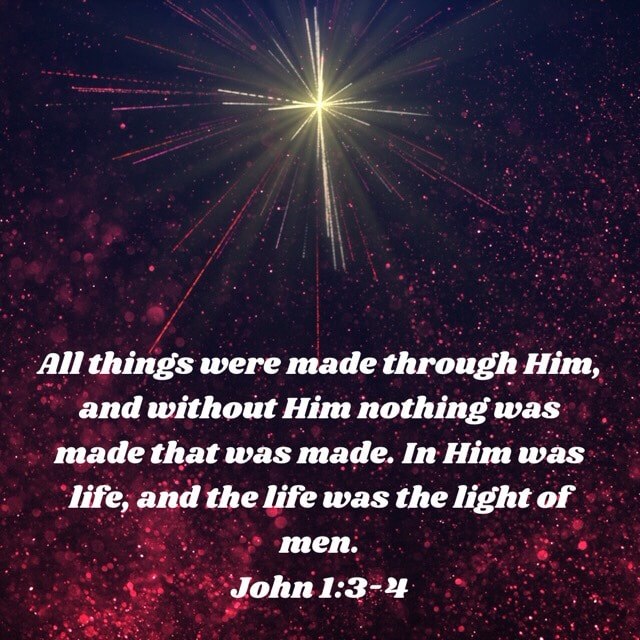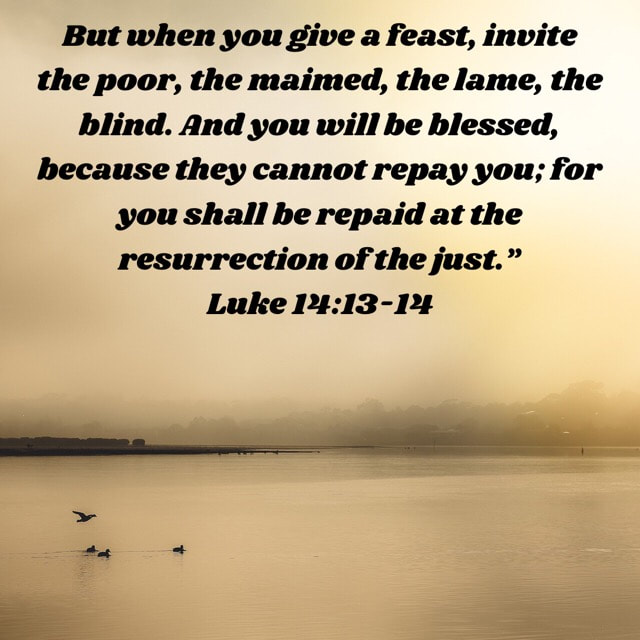
The book of Mormon and the musical with the same name remain a paradox as well. Truthful hyperbole, what a great way to describe a white lie or convolution with a term that in itself is a contradiction on terms. I can see some parallels in Donald Trump's and Joseph Smith's personality type and relationship with the truth. On a smaller scale we face some paradoxes with the Book of Mormon Musical (BOMM) as well.
Amazingly in our "enlightened" 21st century such paradoxes are still alive and well. For example the highly acclaimed blasphemous musical (video) attracts LDS advertising and makes converts. Check out this post ! and watch the converts testimony on youtube here ! I love the theme and music of the musical, but found the cursing intolerable, hence I will have to give the musical a miss. All lyrics & music are online here on BOMlyrics.
ldsmissionaries.com/the-book-of-mormon-musical-leads-one-to-baptism-in-the-mormon-church/
When Schwartz began writing “The Art of the Deal,” he realized that he needed to put an acceptable face on Trump’s loose relationship with the truth. So he concocted an artful euphemism. Writing in Trump’s voice, he explained to the reader, “I play to people’s fantasies. . . . People want to believe that something is the biggest and the greatest and the most spectacular. I call it truthful hyperbole. It’s an innocent form of exaggeration—and it’s a very effective form of promotion.” Schwartz now disavows the passage. “Deceit,” he told me, is never “innocent.” He added, “ ‘Truthful hyperbole’ is a contradiction in terms. It’s a way of saying, ‘It’s a lie, but who cares?’ ” Trump, he said, loved the phrase.
In his journal, Schwartz describes the process of trying to make Trump’s voice palatable in the book. It was kind of “a trick,” he writes, to mimic Trump’s blunt, staccato, no-apologies delivery while making him seem almost boyishly appealing. One strategy was to make it appear that Trump was just having fun at the office. “I try not to take any of what’s happened too seriously,” Trump says in the book. “The real excitement is playing the game.”
In his journal, Schwartz wrote, “Trump stands for many of the things I abhor: his willingness to run over people, the gaudy, tacky, gigantic obsessions, the absolute lack of interest in anything beyond power and money.” Looking back at the text now, Schwartz says, “I created a character far more winning than Trump actually is.” The first line of the book is an example. “I don’t do it for the money,” Trump declares. “I’ve got enough, much more than I’ll ever need. I do it to do it. Deals are my art form. Other people paint beautifully on canvas or write wonderful poetry. I like making deals, preferably big deals. That’s how I get my kicks.” Schwartz now laughs at this depiction of Trump as a devoted artisan. “Of coursehe’s in it for the money,” he said. “One of the most deep and basic needs he has is to prove that ‘I’m richer than you.’ ” As for the idea that making deals is a form of poetry, Schwartz says, “He was incapable of saying something like that—it wouldn’t even be in his vocabulary.” He saw Trump as driven not by a pure love of dealmaking but by an insatiable hunger for “money, praise, and celebrity.” Often, after spending the day with Trump, and watching him pile one hugely expensive project atop the next, like a circus performer spinning plates, Schwartz would go home and tell his wife, “He’s a living black hole!”




 RSS Feed
RSS Feed



